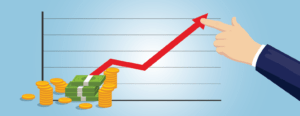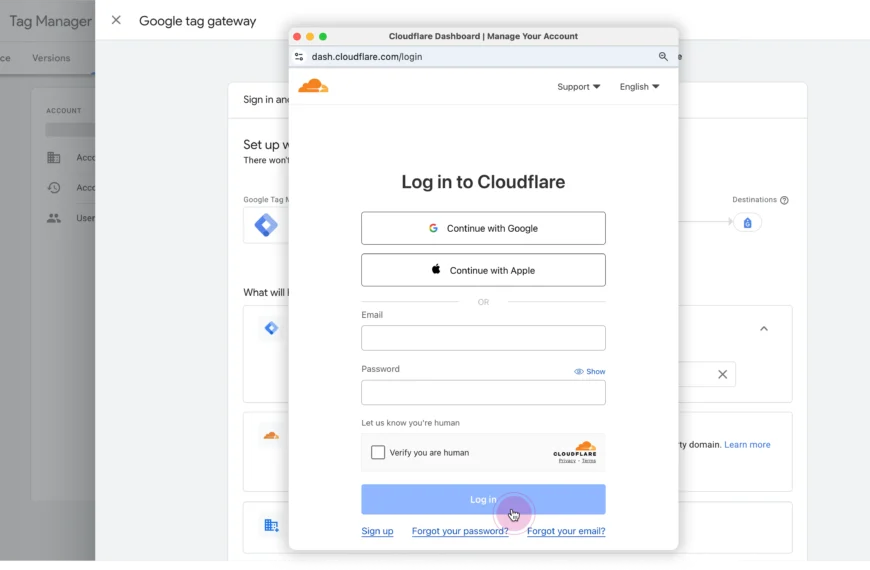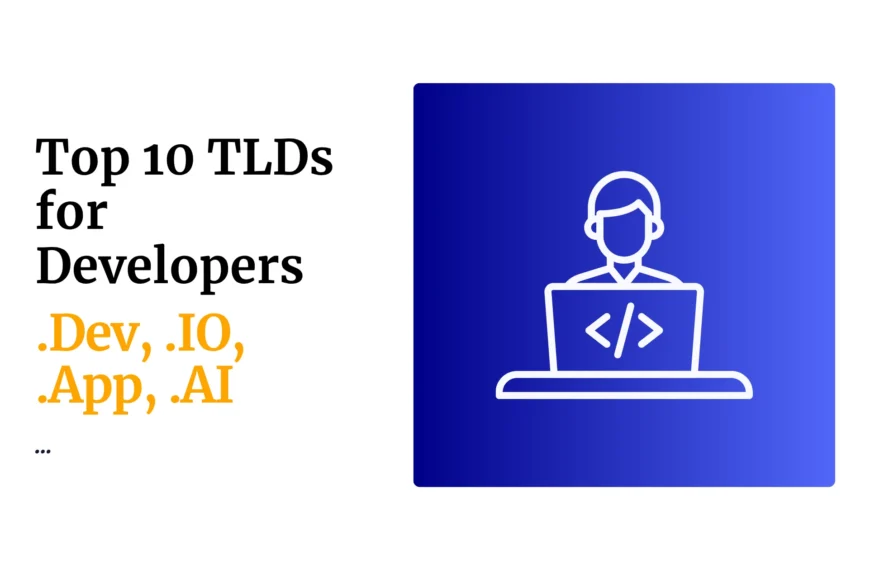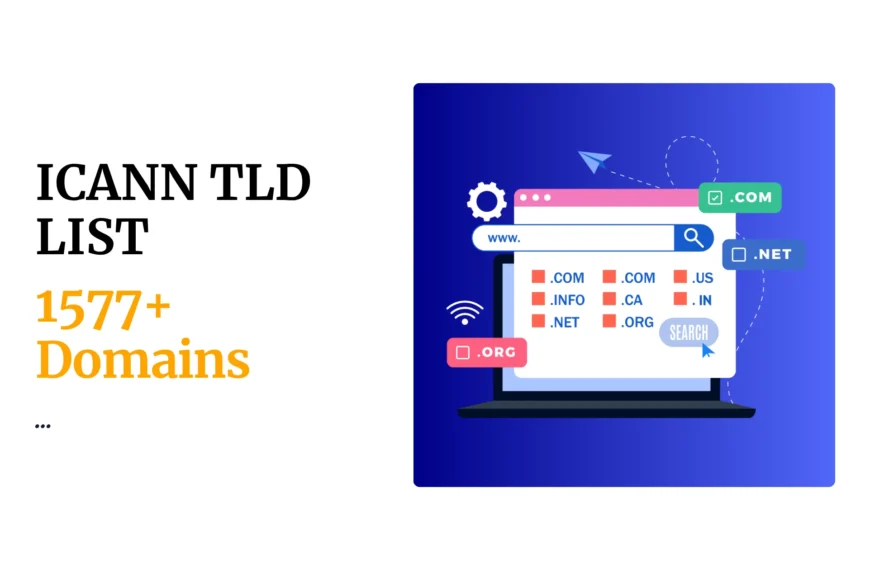Are you aware of WordPress issues?
Well, if you have been using this CMS for some time now, I bet you have.
You see, the day you created your website, you had a choice to install other software to help manage your new site. But in the end, you picked WordPress.
Why?
I don’t think it was by mistake. You did what almost everyone on the web is doing.
Did you know that this CMS (Content Management System) is powering over 35% of the internet?
If you think about it, that’s a lot of websites. It doesn’t come as a surprise to hear that over 400 million people visit WordPress every month.
Why am I telling you all these?
I want you to realize that with tremendous success, comes a huge responsibility, that’s where WordPress issues come in.
Let me explain.
Considering the number of websites relying on WordPress software, there will be some problems.
What problems?
That is what this article is all about. Today, I will walk you through 4 WordPress issues you may or may not be aware of, yet. I say so because, at some point, you will encounter them, that if you don’t put in place enough measures to tackle them.
WordPress issues to keep an eye on

-
Website performance (WordPress issues)
Website Performance is one of the major challenges facing WordPress websites. This is all about page speed, or simply the load time.
This is the amount of time it takes for a page to fully load.
You must have experienced this because it is actually more common than you think.
Causes of slow page load time WordPress issues
This has nothing do with you as a person, and everything to do with what you do with your website.
Here is the thing:
WordPress is open-source software, with a huge selection of additional resources to boost the website’s functionality.
Think of it as an empty house and you have to bring in additional furniture and fittings to achieve the desired look and feel. That’s how WordPress is, the only difference is the ‘furniture’ here are plugins and themes.
Even though these plugins and themes add color and glamour to your website, it ends up biting you.
How?
The more plugins you add, the slower your website gets. This is because WordPress plugins use code and your web server must execute them first as it loads. Now imagine a ton of plugins queuing during page viewing.
It doesn’t end there.
Custom themes also mess up the speed of the website.
Effects of slow websites
Look at the following page loading stats:
- 40% of people abandon a website that takes more than 3 seconds to load
- A 1-second delay in page load can result in a 7% reduction in conversion
- Say you are an eCommerce website making at least $100K per day. If your website experiences a 1-second delay, you will be losing upwards of $2.5 million per year.
Ouch!
Still, want to know the effects of slow websites?
- Poor Google rankings – Google is using page speed to rank websites on SERPs. If your website is loading slow, you are in a bad place
- It is costing you valuable leads
How to solve slow page load WordPress issues
Fixing a slow website is not a big deal. In fact, if you implement what I’m about to show, you will be on your way to improving your website
- See those themes you don’t use? Delete them ASAP
- Unused plugins, what are you doing with them? Deactivate and delete them
- Configure caching plugins – this is ironic, huh? While plugins slow down your site, some help speed things up. I recommend Litespeed caching plugin
- Sweep through the databases and remove unnecessary tables
- Host websites with reliable hosting providers
Expounding on the last point, your hosting provider plays a major role in how fast your website loads. We will look at that in the next article.
Time for the second most common wordpress issues
-
Security

The security of your website should be a priority. There are no workarounds with this one. It is either secure or not.
And the main reason why this is a concern comes down to the fact that WordPress is open-source software. Anyone can access its source code, both the good guys and the bad ones.
Your concern should be with the bad ones.
Hackers take advantage of such structures to dig around looking for security loopholes.
While this is not something only isolated to WordPress, other PHP applications experience it too.
Fortunately, this has since improved, thanks to the awareness of the risks.
Also, there are some measures you can take to improve your website’s security
Instantly secure your website
- Install an SSL certificate. There is free and paid SSL.
- Make sure you update plugins as upgrades become available. That includes your WordPress and PHP version
- Use strong passwords, hard to guess but easy for you to remember
- Use plugins such as WordFence for an additional layer of security
One more thing:
Your website security comes from all sides. Besides securing WordPress, you should also consider the type of hosting server you are using.
Generally, shared hosting has been found to leave your website vulnerable, unlike dedicated servers or VPS such as Litespeed.
-
Scalability

What is website scalability?
Well, your website can handle the growing number of web visitors and requests.
This means that, is your website ready to gather for the growing readership, customers, and orders?
This is a question you cannot answer yes or no without first looking at the resources at your disposal.
For you, this goes back to your web hosting company. Are they able to support your growing website? This, in fact, should be your #1 question to ask yourself when starting a website.
Is the scalability part of wordpress issues?
Yes, it is.
The reason being most of you are using this cms. Also, this is a major challenge tp web owners.
What you need to scale your website
The only thing you need to scale your website is a reliable web server. That’s all.
Let me explain.
A server is where your website files are stored. And comes with resources to handle requests such as page requests, databases reading and updating, security, speed, etc.
Basically, the better your hosting server, the better your website. It is just that simple.
You should, therefore, look for a reliable and affordable hosting server to handle all you
Last but not least:
-
Cost

This is two-fold:
- The cost of using web hosting servers
- Cost of additional resources such as plugins and themes
I’ll start with the cost of plugins and themes.
You see, considering the limited functionality that comes with WordPress, you will need plugins and themes.
Some are free while others cost money.
But there is one problem:
You get what you paid for in most cases. Most of the free plugins and themes come with limited features and force you to cough a hundred dollars or two for that additional feature.
Knowing what I know about WordPress, you will need all the features you can get, especially if your website is growing fast.
The other part is the web host server.
Most web hosting companies are using Apache webserver to host websites. While it is a free server, it needs hardware upgrades which costs a lot of money.
Also, maintenance is needed.
At the end of the day, all the incurred costs are passed down to you, the final consumer.
A quick fix to server costs
It doesn’t have to be like that.
Why?
There are other alternatives, a good example being Litespeed VPS. It is the best alternative to Apache servers.
Well, the Litespeed web server costs money. But not anything close to all the upgrades you will need when using Apache.
We will talk about this later on in this article series.
Final thoughts
Security, scalability, costs, and performance should be your benchmarks when looking for a web server.
This applies to all the websites experiencing tremendous growth and all the web owners seeking better options and reduced headaches.
 Domain SearchInstantly check and register your preferred domain name
Domain SearchInstantly check and register your preferred domain name Web Hosting
Web Hosting cPanel HostingHosting powered by cPanel (Most user friendly)
cPanel HostingHosting powered by cPanel (Most user friendly) KE Domains
KE Domains Reseller HostingStart your own hosting business without tech hustles
Reseller HostingStart your own hosting business without tech hustles Windows HostingOptimized for Windows-based applications and sites.
Windows HostingOptimized for Windows-based applications and sites. Free Domain
Free Domain Affiliate ProgramEarn commissions by referring customers to our platforms
Affiliate ProgramEarn commissions by referring customers to our platforms Free HostingTest our SSD Hosting for free, for life (1GB storage)
Free HostingTest our SSD Hosting for free, for life (1GB storage) Domain TransferMove your domain to us with zero downtime and full control
Domain TransferMove your domain to us with zero downtime and full control All DomainsBrowse and register domain extensions from around the world
All DomainsBrowse and register domain extensions from around the world .Com Domain
.Com Domain WhoisLook up domain ownership, expiry dates, and registrar information
WhoisLook up domain ownership, expiry dates, and registrar information VPS Hosting
VPS Hosting Managed VPSNon techy? Opt for fully managed VPS server
Managed VPSNon techy? Opt for fully managed VPS server Dedicated ServersEnjoy unmatched power and control with your own physical server.
Dedicated ServersEnjoy unmatched power and control with your own physical server. SupportOur support guides cover everything you need to know about our services
SupportOur support guides cover everything you need to know about our services







